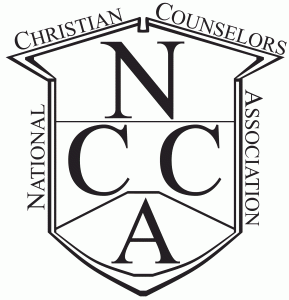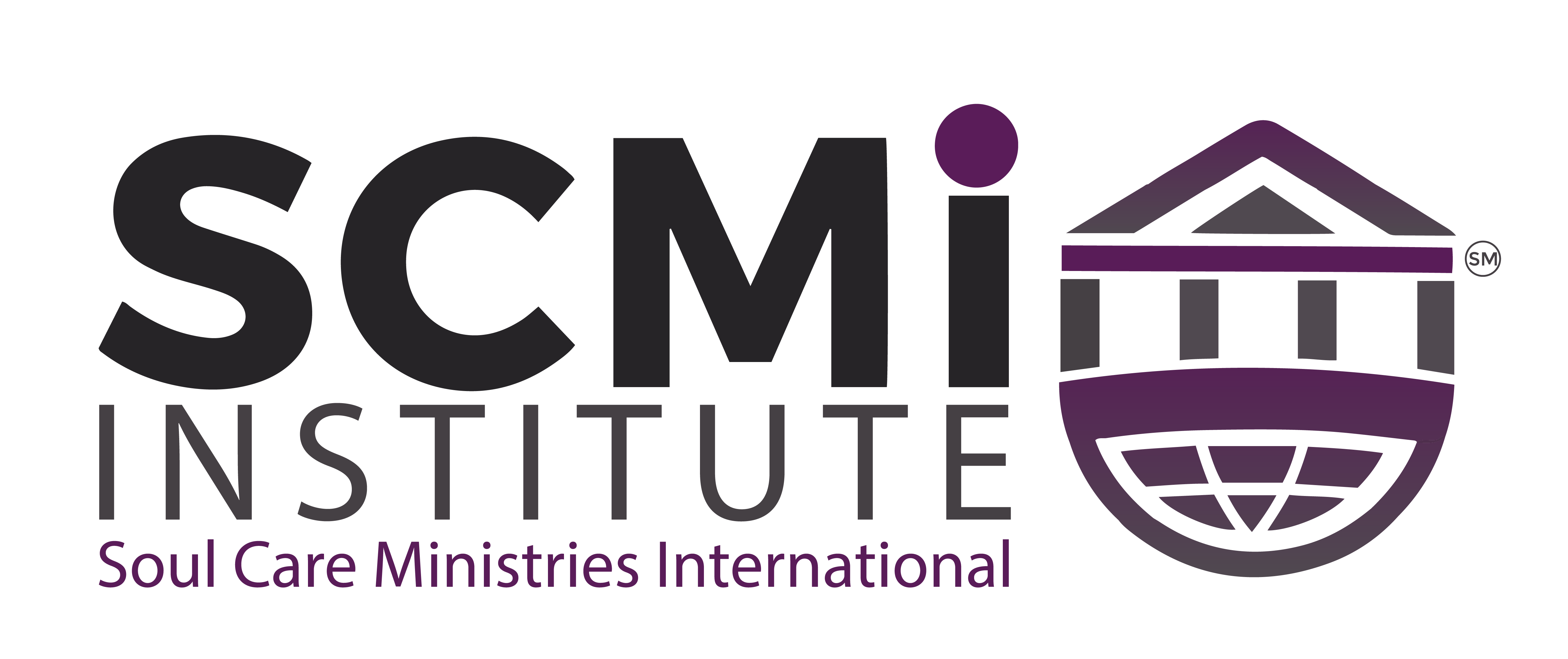The practicum portion of the N.C.C.A. Licensing and Degrees Program is designed to help students gain practical experience with Academic Supervision by an N.C.C.A. Board Certified Clinical Supervisor. The practicum is to completed with participants in the student’s, or supervisee’s, community.
All of the information mentioned, on this page, can be accessed via various menus conveniently located on this website, appointment scheduler, or student resources page.
Prior to beginning the practicum, each student is assigned an N.C.C.A. Board Certified Clinical Supervisor who will provide Academic Supervision (oversightof the practicum process) and determine the student’s readiness for certification and licensing.
The N.C.C.A. Board Certified Clinical Supervisor for Soul Care Ministries International, Inc is our founder, Dr. Linda H. King.
Each student or supervisee will be required to sign a Supervision Agreement. The N.C.C.A. License & Degrees Program requires a minimum of six (6) hours of Academic Supervision (at least 3 hours in Phase I and 3 hours in Phase 2). Academic Supervisors are to be paid $50/hr during Phase I and $50/hr during Phase II of the N.C.C.A. Program. This is typically $150 in advance of Phase I and $150 in advance of Phase II supervision. Additional supervision may be provided, to active students only, at the $50/hr rate as needed. The primary purpose of the N.C.C.A. Phase I and II Academic Supervision is the help the student/supervisee understand the five temperaments, the Inclusion,
paid $50/hr during Phase I and $50/hr during Phase II of the N.C.C.A. Program. This is typically $150 in advance of Phase I and $150 in advance of Phase II supervision. Additional supervision may be provided, to active students only, at the $50/hr rate as needed. The primary purpose of the N.C.C.A. Phase I and II Academic Supervision is the help the student/supervisee understand the five temperaments, the Inclusion,
Control and Affection areas, temperament strengths and weaknesses, use of the APS Reports, etc.
Dr. Linda King also offers an Elective Supervised Practicum Lab in Phase III (for SCMi Institute doctoral students only).
Remitting fees for supervision, practicum, or A.P.S. orders is easy and convenient.
Each student, or supervisee, is required to administer the Arno Profile System (APS) to a required number of individuals. Administering the A.P.S. includes reviewing the results using the Temperament Counseling Model developed by the N.C.C.A. A written Case Study is to be developed for each counselee or client. Example formats, for the case studies, are presented in the Phase II course entitled “Temperament Case Studies”.
Individuals who participate in the Creation Therapy or Phase I Practicum may be volunteers, friends, family, coworkers, clients, fellow church members, etc. For those serving in a counseling practice, center, or ministry; the participants may be selected from actual counselees, clients, or cases.
During Phase I, the Academic Supervisor is also to grade your 50 Board Questions. Please submit your responses, to the 50 Board Questions, directly to your Academic Supervisor.
The Academic Supervisor will help you by going over academic, professional, and clinical applications of the skills and tools gained from your studies in the N.C.C.A. Program. The supervision provided does not include Management Supervision. The goal is to provide students with an opportunity to receive guidance throughout the practicum process. In addition, Academic Supervision will help you stay focused, motivated, and encouraged.
On average, each Phase II and III Case Study, during the practicum, will consume approximately ten hours of the student’s time. This estimate includes five (5) one hour counseling sessions and time for planning, analysis, report writing, and review. However, due to the effectiveness of Temperament Counseling it is very likely that issues may emerge that will necessitate extending the counseling beyond the five sessions format. Please refer to your acceptance letter, program catalog, supervision agreement, and any updates for specific requirements. The N.C.C.A. requires Case Studies as follows:
- N.C.C.A. Certification or License (only): 10 Phase I and 15 Phase II
- N.C.C.A. License and B.A. Degree: 10 Phase I and 15 Phase II
- N.C.C.A. License and M.A. Degree: 10 Phase I and 15 Phase II
- N.C.CA. License and Doctorate Degree: 10 Phase I, 15 Phase II, and 10 Phase III
- N.C.C.A. License and Post Doctorate Degree: 10 Phase I, 15 Phase II, and 10 Phase III
Case Studies (a/k/a Progress Reports or Clinical Reports) are to be written for each session and also utilized to meet the requirements of your Masters Thesis and/or Doctoral Dissertation. The student, or supervisee, is required to submit at least one Case Study to their Clinical Supervisor for review, critique, and guidance during the Temperament Case Studies course. For a practicum to be considered complete, the final report must be approved by the Academic Supervisor.
Academic Supervision is typically provided by phone and an appointment is required. Brief supervision may be provided by email or spot calls. Throughout the practicum process, the student is expected to demonstrate mastery of course materials and also gain experience and confidence in preparation for working with counselees or clients after graduation from the N.C.C.A. Program.
While supervision is specifically related to your counseling practicum, it can also be a time to discuss other aspects of your education and equipping process. Students are encouraged to make notes as you study and as questions arise.
Dr. Linda King is currently the Academic Supervisor for all SCMi Institute students. You may request an appointment via Dr. King’s Appointment Scheduler or you may contact Dr. King directly.
Ready to begin your practicum? Let’s get started:
(1) request the SCMi Supervision Agreement and review prior to your first session (if not already completed),
(2) remit your supervision fee according to your phase of study (if not already remitted),
(3) order APS Questionnaire(s) for your counselees or clients, and
(4) request 15 to 30 minute or 45 to 50 minute supervision appointment(s) as needed.
Remember spot calls or emails regarding Academic Supervision or Student Advising, that can be addressed in 5 to 10 minutes, are permissible so do take advantage of that opportunity. Group Supervision may also be available for direct students of the SCMi Institute.
